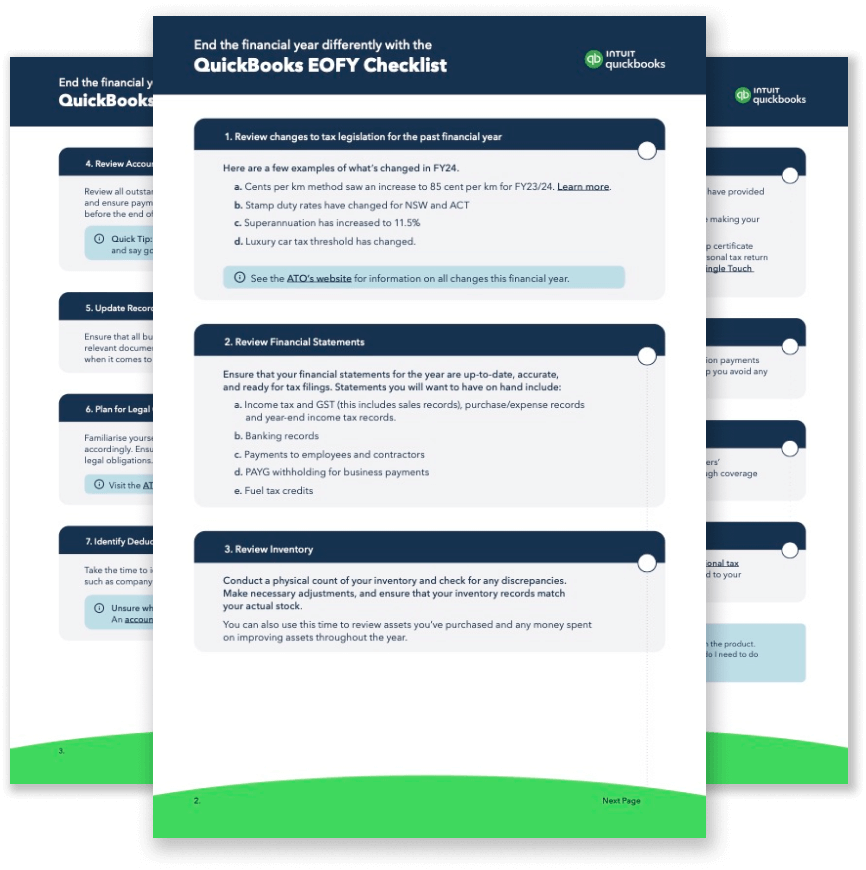What is a Fixed Expense?
Fixed Expense Definition
A fixed expense is an expense that does not vary based on the level of production or sales for a business. In other words, it is an expense that remains the same regardless of how much business activity takes place. Examples of fixed expenses include rent, property taxes, insurance premiums, salaries for permanent employees, and interest payments on loans.
Fixed expenses are predictable and tend to remain stable even if a business experiences changes in revenue or sales volume. As a result, they are often easier to budget for and allocate than variable expenses. Conversely, businesses may have difficulty adjusting fixed expenses in the short term, which could contribute to cash flow problems during periods of reduced revenue or increased expenses.
Here are some additional details on fixed expenses:
- Contracted Expenses: Many fixed expenses are contractually obligated, meaning a business has agreed to pay a specific amount over a certain period of time. For example, a company may have a lease agreement that outlines their rent payments for the next few years. In this case, their rent expense is a fixed expense that cannot be easily renegotiated in the short term.
- Importance of Fixed Expenses: Fixed expenses are typically considered to be essential to a business's operations, and play a crucial role in determining the company's break-even point. In order to generate profits, a business must earn enough revenue to cover both its fixed and variable expenses.
- Depreciation: Fixed assets, such as equipment or vehicles are essential for a business's operations and are considered a fixed expense. However, over time, these assets will depreciate in value, reflecting the wear and tear of regular use. Depreciation expense helps businesses to allocate the cost of its fixed assets over their useful life, and to accurately reflect the costs of maintaining these assets.
- Managing Fixed Expenses: Business owners can take steps to reduce their fixed expenses, such as negotiating better rental terms, outsourcing non-essential services, and eliminating unnecessary assets and equipment. These measures may help reduce expenses, increase profitability, and improve overall financial health.
Overall, understanding fixed expenses is a critical component of financial management. By accurately forecasting these costs and managing them effectively, businesses can maintain financial stability and achieve long-term growth.






